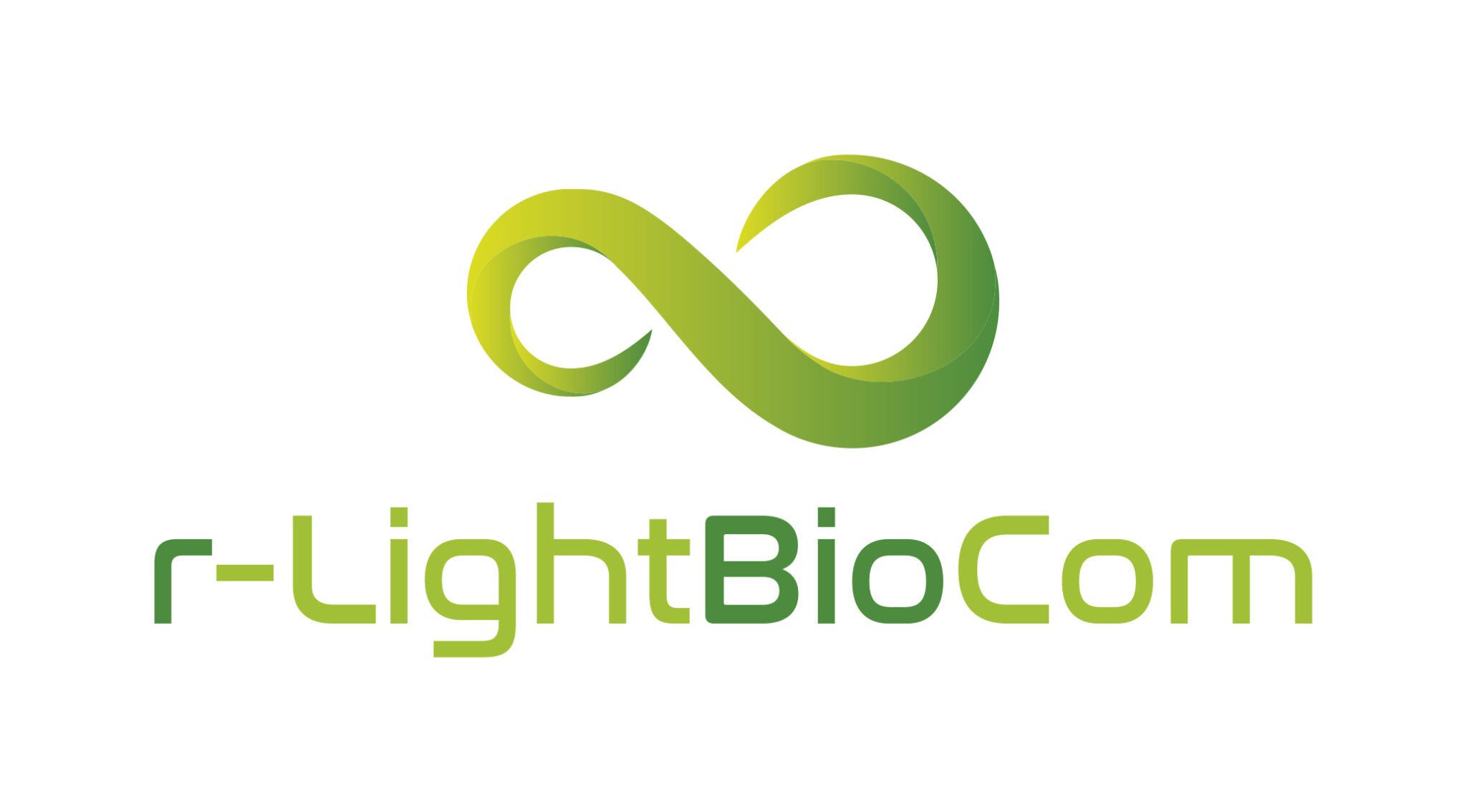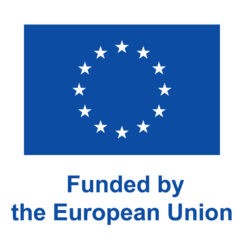
The project r-LightBioCom, has been selected under the EU’s Horizon Europe research and innovation funding programme to develop new bio-based HPC with significantly reduced environmental impact throughout their entire life cycle, together with technologies and tools for sustainable composite design, modelling and processing. The project is funded by the European Commission with 4.2 million euro over the next three and a half years, and started on 1st January 2023 and will last until 30th June 2026.
The evolution towards a more sustainable, environmentally friendly future is material-driven. Through improved durability, recyclability, functionality and reduced weight, lightweight technologies and bio-based materials have a positive impact on the environment and help accelerate the transition to a resource-efficient, sustainable society. In addition, new lightweight HPC and sustainable processing technologies bring huge environmental and performance benefits across all application areas. However, the application of sustainable HPC technologies is currently limited to large sectors due to long processing times, high costs and low recyclability.
To overcome these limitations, r-LightBioCom proposes a paradigm shift in the way HPC are manufactured and recycled, unlocking sustainable-by-design production of lightweight HPC. The project will enable new circular value chains towards r-LightBioCom results, reducing the use of non-sustainable fossil resources as well as HPC waste generation, and thus contributing to environmental-related EU goals, such as meeting the EU’s greenhouse gas emissions targets for 2050. In this way, the project will contribute to building new resilient, sustainable and innovative value chains in the European HPC industry. At the same time, it will create great added value for the European society as products with a higher content of sustainable and recyclable biomass materials will improve the quality of life of citizens due to reduced environmental impacts.

Within the project, a sustainable catalogue of new advanced bio-based and recycled HPC materials with inherent recyclability properties will be developed. The catalogue will be consisting of:
- at least 3 new types of bio-resins
- 4 new biomass-derived nanofillers and additives
- 3 families of sustainable fibre-based textile products
To reduce current associated manufacturing costs as well as high energy consumptions and emissions, 2 new fast and efficient curing techniques combined with recycling technologies will be developed for the new catalogue of materials.
Furthermore, a new open method and related tools (Coupled Ecological Optimisation framework) will promote and standardise holistic sustainable HPC design, modelling and systematic optimisation, leading to a continuous sustainable catalogue growth and inclusion of new families of bio-based, recyclable lightweight HPC at competitive cost.

Funded by the European Union under Grant Agreement Project No 101091691. Views and opinions expressed are however those of the author(s) only and do not necessarily reflect those of the European Union. The European Union cannot be held responsible.

